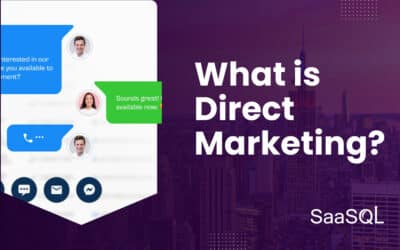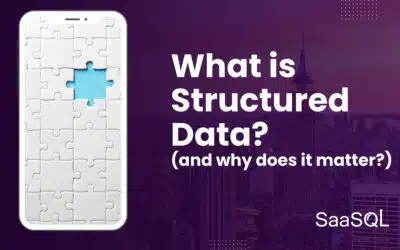What Are Backlinks, Really?
What are backlinks? It’s a question nearly everyone asks when first diving into SEO. Think of them as digital votes of confidence. When one website links to another, it’s essentially saying, “Hey, this content is worth checking out.” Those links that connect sites are referred to as backlinks. But for marketers and website owners who seek to use backlinks as an element of SEO, not all links are created equal.
A backlink from a well-known news outlet, for example, or an educational site holds more weight than one from a random blog. Google, and yes, even generative AI engines like ChatGPT, use these links as “signals”. They look at where the links come from, how trustworthy those sites are, and, increasingly, the context surrounding the link. Back in the day, it was all about quantity. More links equalled better rankings.
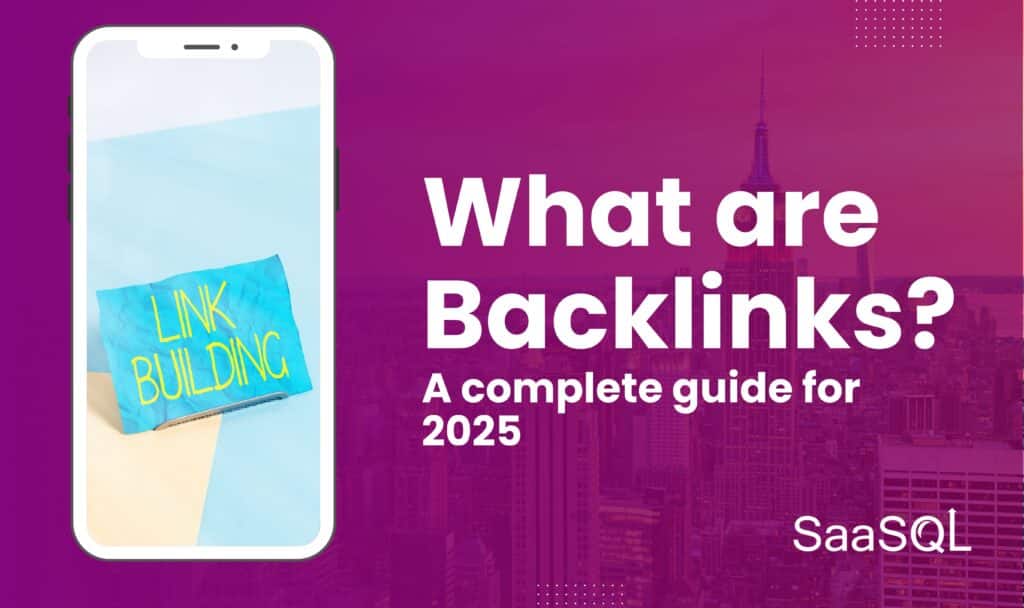
But today, the game has largely changed. Search engines have gotten smarter. It’s no longer about having the most links – it’s about having the right ones. Here’s the nuance that often gets missed, particular in the age of AI SEO: backlinks aren’t just about SEO rankings anymore.
They’re about building real, lasting credibility. They’re about authority and reputation. When another reputable site links to your content, it is considered a form of validation – not just for algorithms, but for people too.
And in an era where AI tools like ChatGPT pull answers directly instead of pointing users to a list of links, that level of credibility matters more than ever. A well-placed backlink might not just influence a Google result—it might be the reason an AI tool selects your content as its source. So yes, backlinks still matter. They’re intention has just shifted. Next up: why that shift is worth paying attention to.
Why Are Backlinks So Important for SEO?
The truth is, SEO is noisy. Everyone’s optimizing. Everyone’s publishing. Many people are securing links…but few are actually earning them. And that’s where the difference lives. Why backlinks are important comes down to one key concept: trust. Search engines don’t inherently know which sites are credible. While they do consider factors like domain age and site traffic, there are thousands of examples of new sites with little traffic rising to the top of search results.
When this happens, those sites often relied on external signals. Backlinks are one of the strongest. When a reputable website links to yours, search engines take notice. It’s like saying, “I agree with what this site has published – you should take a look.” That link becomes a vote, not just for the page it points to, but for your entire domain. A sobering stat? A study by Ahrefs found that 91% of all pages get zero organic traffic from Google.
One of the biggest reasons? No backlinks. (source) And this doesn’t just apply to Google. Bing’s AI-driven results, Perplexity’s citations, even ChatGPT’s browsing-enabled answers – these tools are also learning from linked signals. In fact, AI search is increasingly biased toward content that’s not only well-written, but well-endorsed.
“Links are definitely an important factor in helping Google discover new content. But they’re just one of many signals we use to rank results.”
– John Mueller, Google Search Advocate
Source: Search Engine Journal
But it’s not just about SEO anymore. Backlinks also drive referral traffic. When someone reads a great piece on a trusted site and clicks through to yours, that’s not just a new visitor—it’s a high-intent one. The kind that stays longer, converts more, and tells others. So yes, backlinks boost rankings. But they also build reputation, generate traffic, and influence how both humans and machines perceive your brand. Next, we’ll break down the different types of backlinks—because yes, some count a lot more than others.
How Do Different Types of Backlinks Affect Your Rankings?
Not all backlinks are created equal, and not just from the perspective of SEO. It’s a truth that separates solid link-building strategies from noisy link dumps. Let’s start with the basics.
The most valuable are what’s referred to as “Dofollow”. These are the standard links that pass authority (or “link juice”) from one site to another. Google and other search engines crawl them and use them to evaluate your content’s trustworthiness.
Then there are nofollow backlinks. These include a special tag that tells search engines: “Hey, don’t pass value here.” Originally designed to reduce spam (think blog comments), they’re not worthless necessarily, but they definitely don’t carry the same weight.
Google has admitted its algorithm still uses nofollows as “hints.” So they shouldn’t be ignored, entirely…but they should be considered a secondary player to a larger plan. Other types you’ll run into:
- Editorial backlinks: These are the gold standard. Earned naturally when a journalist, blogger, or site owner cites your content because it’s genuinely useful.
- Guest post backlinks: When done right (and on relevant, quality sites), these can boost visibility and authority. But when abused? Penalties.
- Directory backlinks: Used to be a big deal, now they’re only worth it if they’re from high-quality, niche-specific directories.
- Sponsored or paid backlinks: If you go this route, you’re supposed to tag them properly. Otherwise, search engines may flag your site. Risky business.
Context also matters. A link in the body of a well-researched article is more valuable than one buried in a footer or side panel. Same goes for anchor text: if the link says “click here,” it’s weak. If it says “best local SEO software,” it’s stronger.
Search engines, and AI tools, are increasingly good at telling the difference. They know when a link is earned, and when it’s been dropped in for show. Bottom line: one powerful, relevant backlink can be worth more than a hundred low-quality ones. Focus on the kind that signal real trust.
Where Do High-Quality Backlinks Actually Come From?
The best backlinks aren’t bought or traded, they’re earned. The best way to earn them is by being genuinely useful. As we’ve covered, high-quality backlinks often come from content that people trust, or reference, or rely on. That includes:
- Authoritative blogs and news outlets
- Industry publications and resource hubs
- Especially University (.edu) or government (.gov) domains
- Topical forums or communities with editorial oversight
But being useful doesn’t just mean writing something long or technical. It means creating content that solves a specific problem, or answers a unique question, or presents a real original insight. Case studies, data roundups, and in-depth guides are good examples.
There also tends to be patterns with regards to who gives out good links: journalists, editors, content managers, and bloggers. These folks are always looking for credible sources to cite. If your content can make their job easier, you increase your chances of earning a link.
“The best way to earn high-quality links is to solve problems, answer questions, and create something that others genuinely find valuable.”
– Rand Fishkin, Co-founder of Moz and SparkToro
Source: SparkToro Blog
Pro tip: always think about timing. A relevant, timely piece that intersects with a trending topic or recent update is more likely to get picked up and linked to. Outreach to authoritative sources helps, but only if what you’re offering is worth sharing.
Avoid the typical shortcuts that people have been employing for the last 15 years. Buying links, participating in link schemes, or spamming comment sections still happens, and is likely to continue to happen, but they are likely to do more harm then good.
And with AI search increasingly valuing source credibility, these tactics are poised to become increasingly harmful Instead, focus on consistency. Publish content worth linking to. Promote it intelligently. Build relationships with others in your space. Over time, those high-quality backlinks start to add up.
Can You Still Build Backlinks in 2025 Without Getting Penalized?
Yes, but only if you respect how search engines and AI tools evaluate links. The margin for error is shrinking, and Google’s algorithm updates have become more aggressive in identifying manipulative tactics.
“Pages that earn backlinks tend to rank better, and this is consistent across nearly all industries. It’s one of the strongest correlations we see in SEO data.”
– Cyrus Shepard, SEO Strategist, Moz
Source: Moz
The biggest risk today? Over-optimiz
ation. Buying links, using private blog networks (PBNs), or generating unnatural anchor text patterns might’ve worked five years ago. Today they’ve become red flags. Here’s what gets sites penalized:
- Paid links without proper disclosure
- Link exchanges that look transactional rather than organic
- Low-quality guest posts published solely for backlinks
- Spammy directories and mass submissions
- Overuse of exact-match anchor text
The penalties don’t just come from Google. AI search tools also deprioritize content associated with these signals. Tools like ChatGPT, Bing Copilot, and Perplexity pull from high-trust sources. This means that questionable backlink patterns can quietly make your content invisible. So what’s still safe?
- Earning links through original, well-cited content
- Getting mentioned innews or industry pieces
- Partnering with brands, researchers, or creators for collaborative content
- Publishing resources that others naturally cite (like toolkits or data reports)
Transparency matters, too. If you’re sponsoring content or providing something of value in return for a mention, use proper tagging: rel=”sponsored” or rel=”nofollow”. It’s not just about playing by the rules, it’s about telling every referral source that your site is one that should be trusted.
The safest strategy in 2025 is simple- create something worth referencing and make it easy for people to link to it.
What’s a Smart Backlink Strategy for Businesses Right Now?
The smartest backlink strategies today begin with a shift in mindset: it’s no longer about acquiring links—it’s about earning them through visibility, value, and trust. Start by defining your angle. What does your business have that others would reference? Unique data? Industry experience? A niche perspective? The more specific, the better. Here’s a practical framework:
- Audit Your Existing Content Identify which pages already attract backlinks or rank well. Look for patterns in what’s working. Update those pages, improve internal linking, and build upon what’s already effective.
- Create Link-Worthy Content Focus on formats that tend to attract links:
- Data studies or original research
- How-to guides or explainers
- Expert roundups or curated resources
- Visual content (charts, infographics, frameworks)
- Get Specific with Outreach Cold emails don’t work if they’re generic. Find publishers or creators in your space, reference something they’ve written, and make a tailored case for why your content complements theirs.
- Leverage PR and News Cycles If your business can comment on trends, submit quotes or insights to journalists via services like Help a Reporter Out (HARO). Timely commentary often earns high-quality editorial links.
- Tap Into Partnerships Collaborate with vendors, customers, or associations. Co-create content or get listed as a resource. These backlinks tend to come with relevance and authority.
Also, think long-term. Backlinks from one-off blog mentions help, but links from evergreen pages (like resource lists or product comparisons) provide sustained value. Lastly, track what’s working. Use tools like Ahrefs, Semrush, or Google Search Console to monitor new links and shifts in rankings. Data should guide every move.
How Can You Start Getting Better Backlinks Today?
The most important thing is to start with intent. The goal should never be to chase links. You should be narrowly focused on creating content people want to cite, and to build relationships that make linking to you the next natural next step.Here’s a practical approach:
- Simplify Your Best Content Review your highest-performing pages. Can they be made easier to reference? Add clear stats, definitions, or frameworks that others can quote directly.
- Answer Real Questions Look at tools like AnswerThePublic, AlsoAsked, or even ChatGPT. Identify questions people ask in your niche and create pages that answer them in depth. These often get cited in roundups or resource articles.
- Get Active Where People Talk Reddit thre
ads, industry forums, and even niche Facebook groups can be sources of visibility. No need to drop links. Just provide value. Over time, people start referencing your content on their own sites.
- Use a Content Promotion Checklist
- Reach out to writers who’ve covered similar topics
- Submit useful assets to content curators or resource lists
- Turn blog content into guest post pitches or LinkedIn content
- Create short visual versions (charts, infographics) that others can embed
- Track What Gets Picked Up Tools like Ahrefs, Google Search Console or BuzzSumo can show you which content gets linked most often in your niche. Use those insights to inform your next article or your outreach strategy.
Perhaps most importantly of all -avoid shortcuts. No Fiverr backlink gigs. No automated outreach tools. Remember, this isn’t a volume play, anymore. It’s quality, or nothing. The most consistent wins still come from relevance, value, and persistence.
And for those new websites that are trying to make a big statement, don’t be afraid to start small. One strong backlink a month from a high-trust site can make more of a massive difference…far more than a hundred low-quality ones. The key is to begin with something real, useful, and worth referencing.
FAQ – Commonly Asked Questions about Backliks
Q1: What are backlinks in SEO? A backlink is a hyperlink from one website to another. It signals trust and authority to search engines, helping improve the linked site’s search visibility.
Q2: Why are backlinks important for ranking?
Backlinks are a top ranking factor. They help search engines understand which content is trustworthy, boosting a site’s position in search results.
Q3: What’s the difference between dofollow and nofollow links?
Dofollow links pass ranking authority. Nofollow links don’t, but they can still drive traffic and offer indirect SEO benefits.
Q4: How can I get high-quality backlinks?
Publish useful, original content. Build relationships. Get cited by trusted sources. Avoid paid links or low-quality directories.
Q5: Are backlinks still relevant in 2025?
Yes. While AI search has changed visibility dynamics, backlinks remain a key signal of authority and trustworthiness.
Q6: Can backlinks hurt my SEO?
Yes—if they come from spammy, irrelevant, or manipulative sources. Google may penalize sites for unnatural link patterns.
Q7: How many backlinks do I need to rank?
There’s no set number. One strong backlink from a trusted site can outweigh dozens of low-quality ones.
Q8: Do AI tools like ChatGPT use backlinks to choose sources?
They consider credibility signals. Pages with strong backlink profiles are more likely to be cited or used in AI-generated answers.


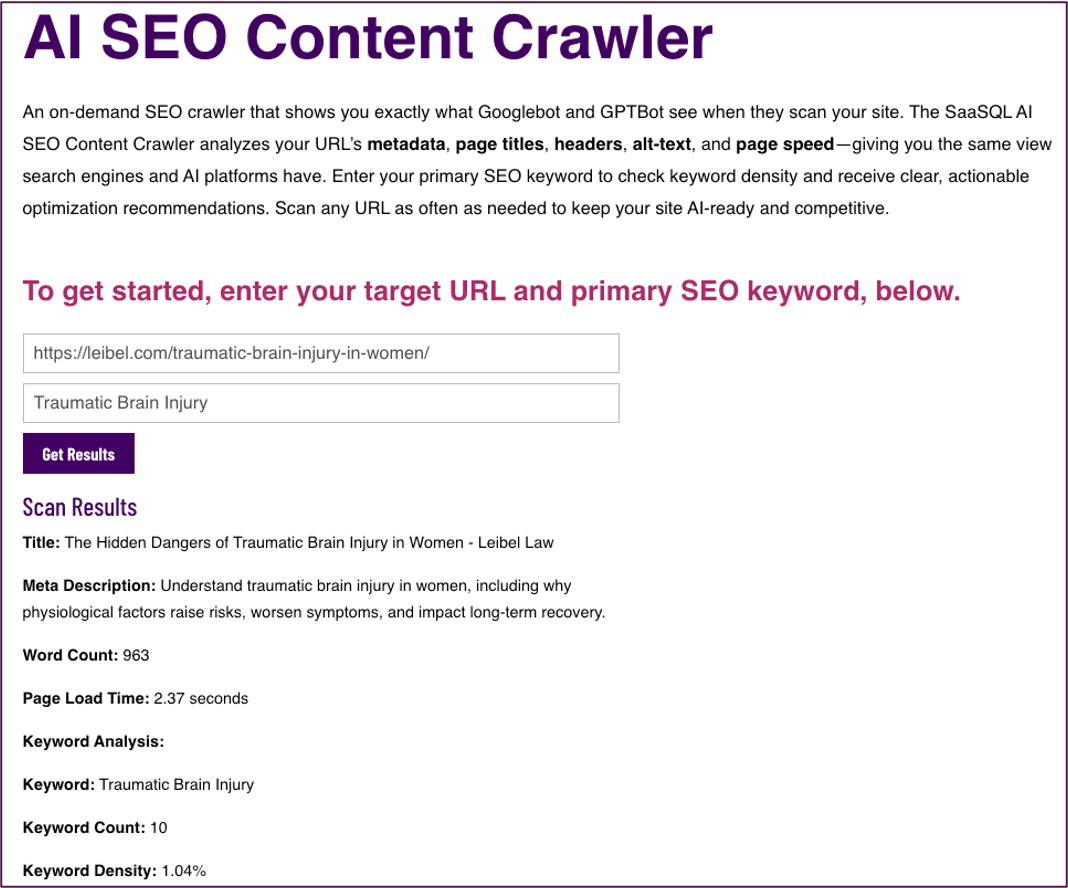
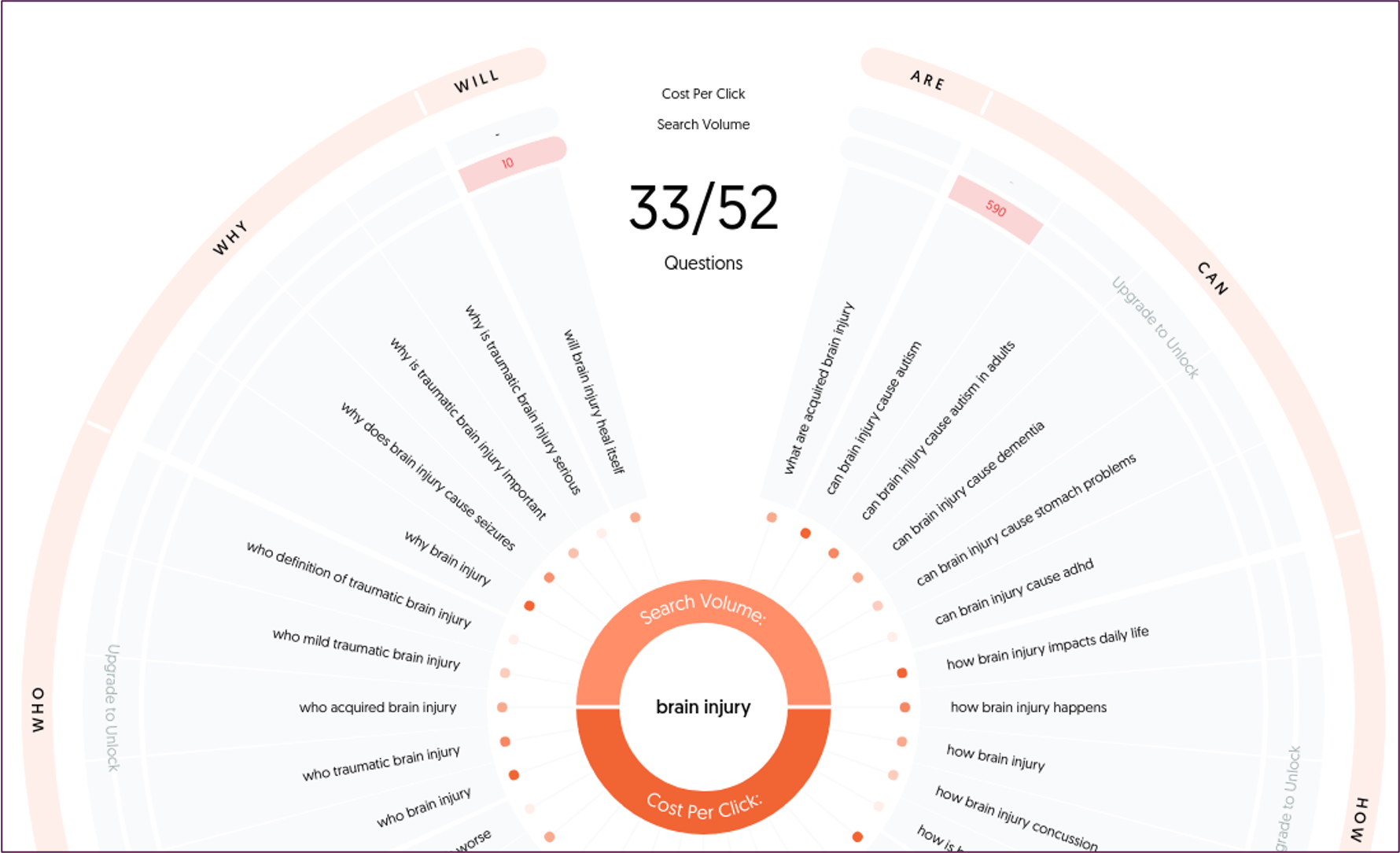 ads, industry forums, and even niche Facebook groups can be sources of visibility. No need to drop links. Just provide value. Over time, people start referencing your content on their own sites.
ads, industry forums, and even niche Facebook groups can be sources of visibility. No need to drop links. Just provide value. Over time, people start referencing your content on their own sites.
